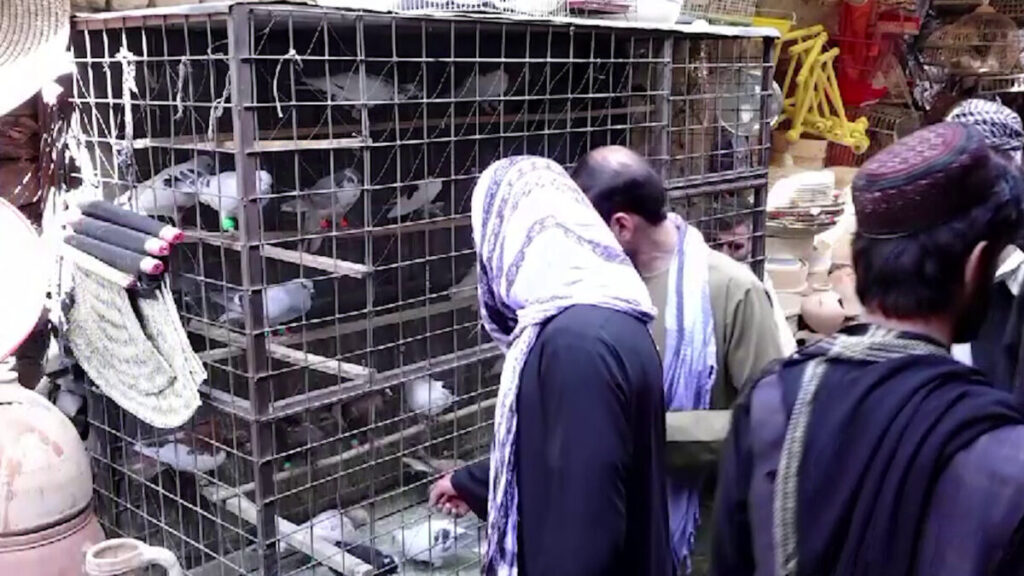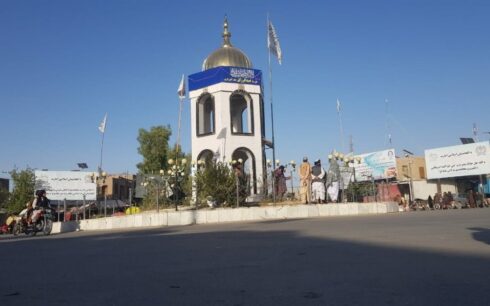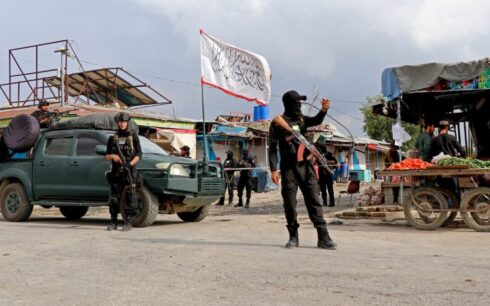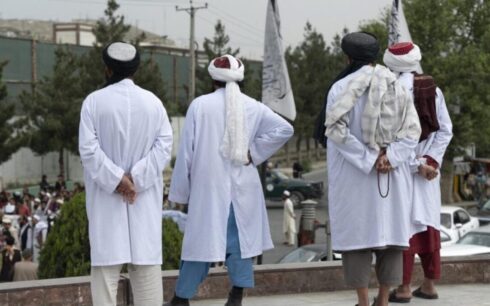In the heart of old Kabul, where echoes of political changes and the COVID-19 pandemic have ushered in economic downturns, the historic bird market, affectionately known as Kocha-e-Kah Froshi, is facing a 50 percent decline in daily income for its shopkeepers.
Amidst these challenges, however, the market continues to stand as a testament to resilience and cultural richness, offering a unique narrative that defies the economic hardships that have gripped the city.
In contrast to many areas in Kabul where singing is forbidden, the Kocha-e-Kah Froshi resounds with the melodious tunes of its avian residents. Visitors flock to the market not only to purchase a variety of birds but also to immerse themselves in the enchanting melodies of these feathered songsters.
This market, nestled amidst a city marred by internal conflicts and war, has proven to be a sanctuary, preserving its vibrancy even during the recent restrictions imposed by the Taliban. The songs of the birds, echoing through the market, provide a poignant backdrop to the challenges faced by the city.
Historical accounts trace the origin of the market’s name back to the rule of Timur Shah Durrani, when it served as a bustling hub for animal keeping and the trade of “straw and grass.”
Najubullah, a shopkeeper at Kocha-e-Kah Froshi, reveals, “The most coveted birds are pigeons and canaries. Each canary costs between 5,000 Afghani ($68) to 6,000 Afghani ($82), while pigeons can command prices ranging from 40,000 Afghani ($543) to 50,000 Afghani ($679).”
Despite economic challenges exacerbated by the COVID-19 pandemic and recent political changes, the market’s economic cycle endures, featuring unique offerings such as doves and canaries.
Reflecting on the difficulties, Najibullah remarked, “The sales become very weak.”

Bismillah, another shopkeeper, concurs, attributing the weakened markets to the impact of the pandemic and subsequent political changes, including the arrival of the Taliban.
“Almost two years now; that means it has been four years that the markets are very weak. Very weak indeed,” he added.
The unique character of Kocha-e-Kah Froshi is further enriched by storytellers who recount the promises and bravery of “old characters” within the market. On Fridays, the market comes alive with larger crowds, indulging in storytelling amidst the birdsong, observing trades, and enjoying diverse attractions, including traditional medicine, restaurants, pottery, and adorable animals like white rabbits symbolizing peace and hope.

Waliullah Ataie, a shopkeeper at the market, emphasized the diverse products offered, stating, “It’s Mustard oil. It’s mustard. It’s olive. It’s hemp seed. It’s sesame; [people buy] these for foot pain, for hair oiling, for hepatitis, for back pain, and for consumption.”
As the Kocha-e-Kah Froshi market etches itself into history, a resilient generation remains steadfast in preserving its stories, cultural identity, and business, ensuring that the market remains a colorful and vibrant part of Kabul’s history for years to come.





